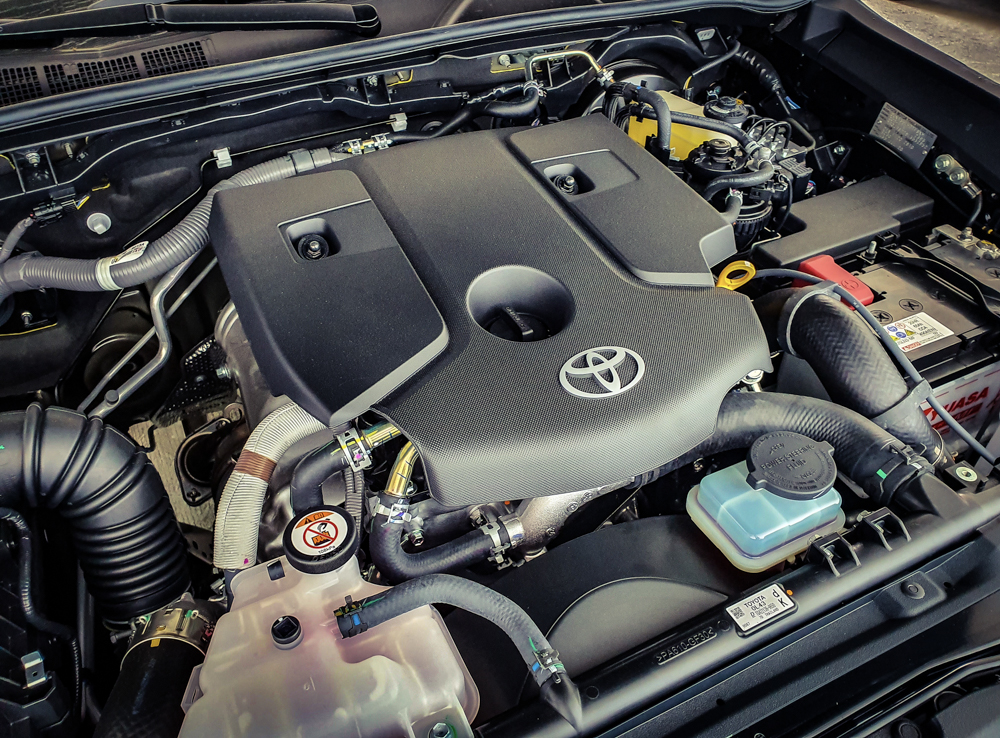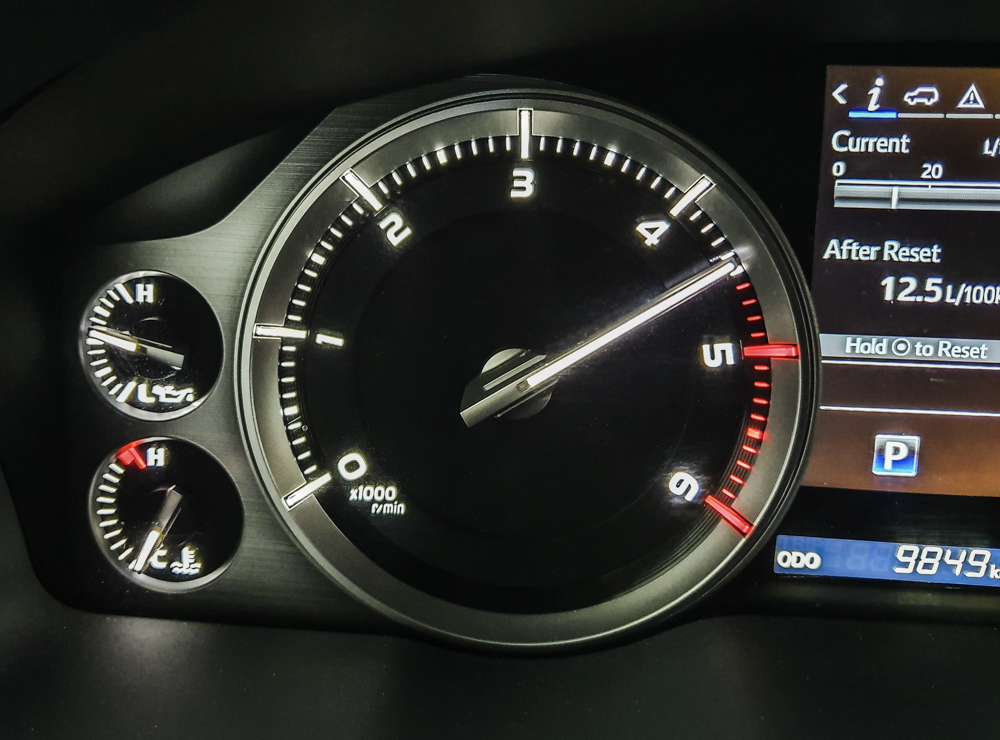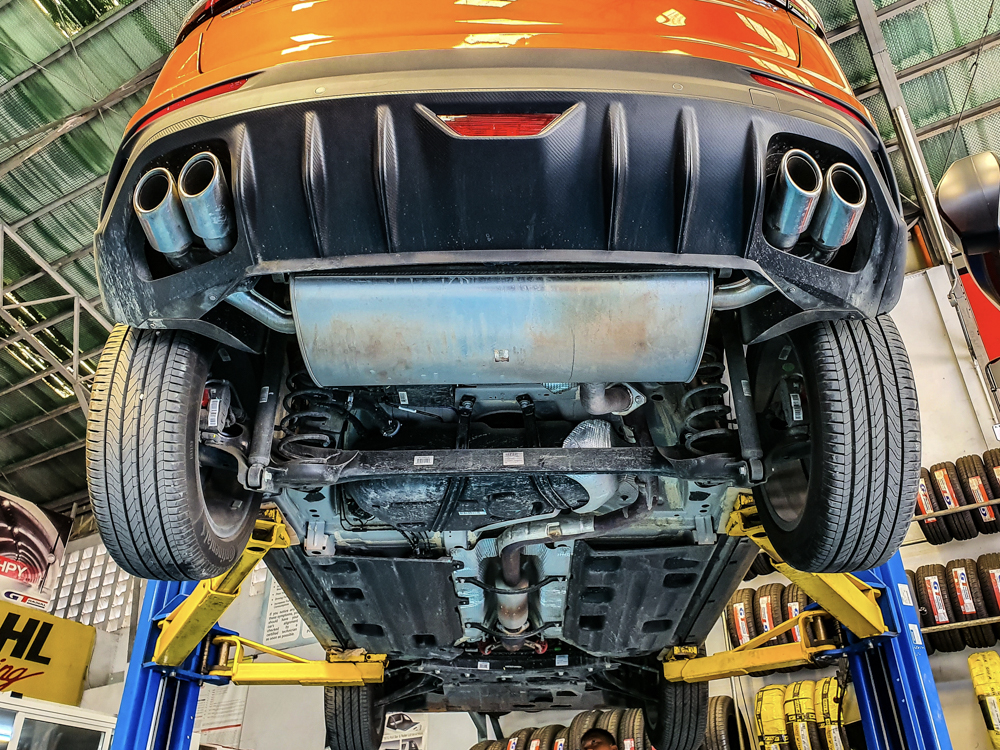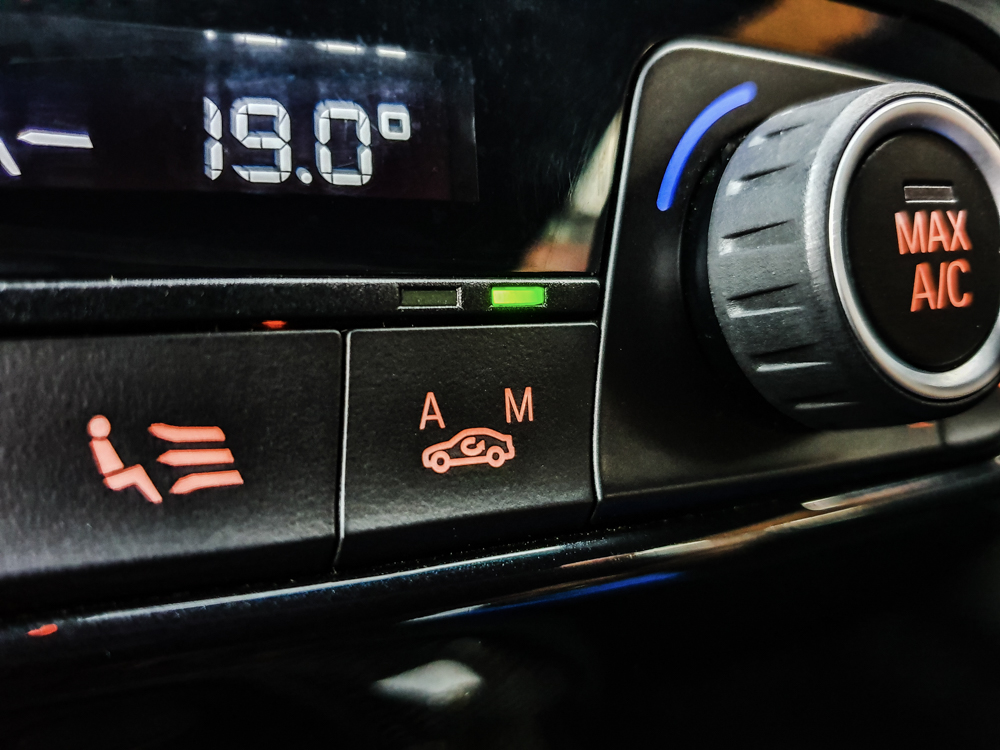
We often receive car-related questions. One that caught my attention was a query regarding an undesirable smell in the cabin with the air-conditioning on while the engine was being pushed harder than usual. The reader experienced this in not one but two vehicles.
Although there was no clear description of what the unpleasant odor smelled like, allow me to lead those of you who have similar concerns toward a better understanding of the situation. But before I proceed, I want you to know that I speak from experience and what I’ve learned from working with seasoned technicians and fellow car enthusiasts. I’m not a licensed mechanic/technician.

Let’s assume that both the above-mentioned vehicles are maintained properly. There are no issues or warning lights whatsoever, and the air-recirculating mechanism is functional. My intelligent guess is that you are smelling the sulfur byproduct of the combustion process. The odor is often described as similar to someone getting a perm at the hair salon—or simply a pungent, burnt stench.

Sulfur is a commonly found component in almost all modern fuels, and is discharged into the environment after fuel is burned in a running engine. The amount released is dependent on the quantity of fuel burned, resulting in the smell likely being more frequent (and sometimes more intense) when working the engine harder. As combustion gases are directed from the engine block through the exhaust network including the exhaust gas recirculation system, sulfuric fumes sometimes creep into the cabin after getting out of exhaust flanges or other areas (such as crankcase vent hose connections or exhaust tips). In gasoline vehicles, traces of sulfur may come from the catalytic converter. These very minor leaks are brought about by high temperatures and slightly expanding parts in such areas, and will usually not trigger warning lights (such as a Check Engine light).

It only takes a tiny amount of sulfur to create the unpleasant odor you may be experiencing. There may be pressure relief vents in your cabin, which release interior air pressure when passengers are closing doors, and are found around the vehicle’s lower structure wherein such gases may possibly enter. Sulfur fumes may also make its way to the air-conditioning system even if you’ve got air recirculation activated, so it really isn’t your air-conditioning causing the issue. I’ve driven numerous cars over the years, and I can say that the smell seems to be more common in brand-new vehicles than older ones. My 2015 Mazda 3 had this issue for the first 20,000km.

You can open your windows to get fresh, moving air inside the cabin to flush the smell out whenever this happens. However, if you really can’t tolerate the odor or the issue gets more frequent and progressively worse, I suggest taking your vehicle in for a thorough inspection at your authorized service center or trusted shop, and make sure your exhaust components including gaskets, seals and O-rings are all in tip-top shape.
You can also experiment by switching to another quality fuel brand and observe. From my understanding, major players in the petroleum industry are trying to reduce the sulfur content in their fuel products. But one surefire way of totally kissing that smell goodbye is by going electric. We just have to wait a bit longer for that, though, as our EV infrastructure is behind that of the rest of the modern world.


0 Comments